Explore All Articles
All Articles
Article Topic
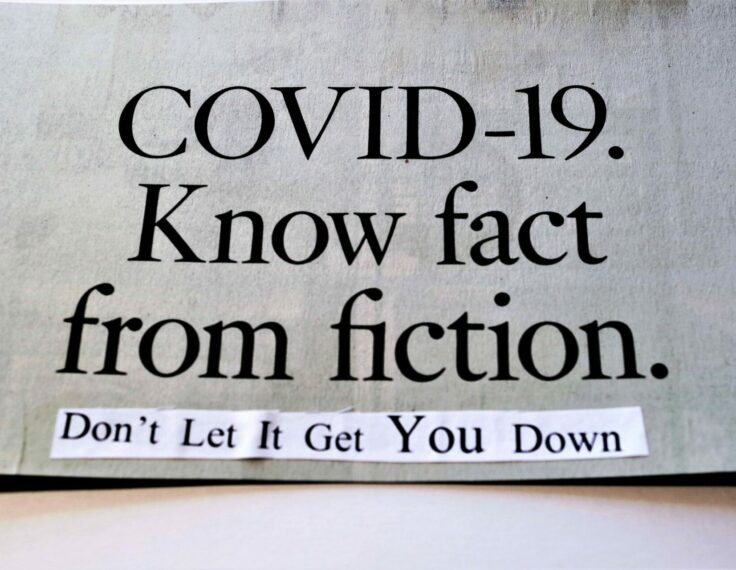
How COVID drove the evolution of fact-checking
Samikshya Siwakoti, Kamya Yadav, Nicola Bariletto, Luca Zanotti, Ulas Erdogdu and Jacob N. Shapiro
With the outbreak of the coronavirus pandemic came a flood of novel misinformation. Ranging from harmless false cures to dangerous rhetoric targeting minorities, coronavirus-related misinformation spread quickly wherever the virus itself did. Fact-checking organizations around the world took up the charge against misinformation, essentially crowdsourcing the task of debunking false narratives.
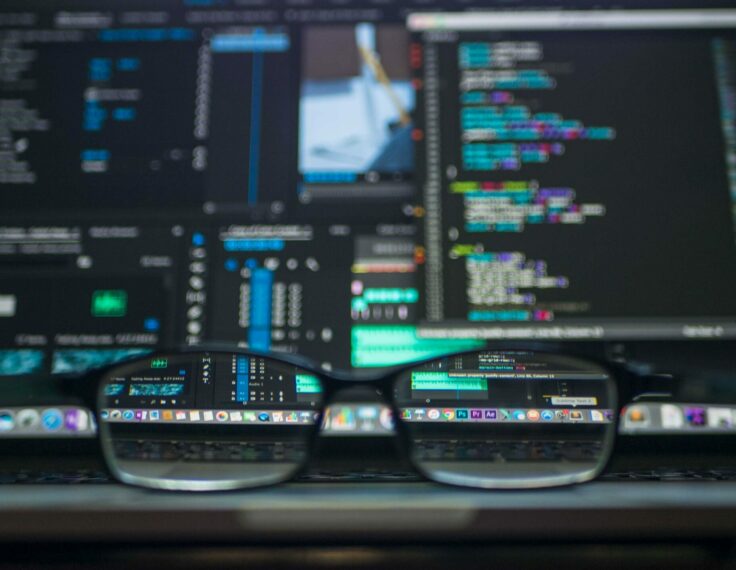
Elections
COVID-19 disinformation and political engagement among communities of color: The role of media literacy
Erica Weintraub Austin, Porismita Borah and Shawn Domgaard
Communities of color, suffering equity gaps and disproportionate COVID-19 effects, also must resist ongoing disinformation campaigns designed to impede their political influence. A representative, national survey (N=1264) of adults conducted June-July 2020 found that nonwhite respondents tended to report less COVID-19 knowledge, media literacy, and voting intent than white respondents, but more acceptance of COVID-19 disinformation and for risks associated with protesting for social justice.
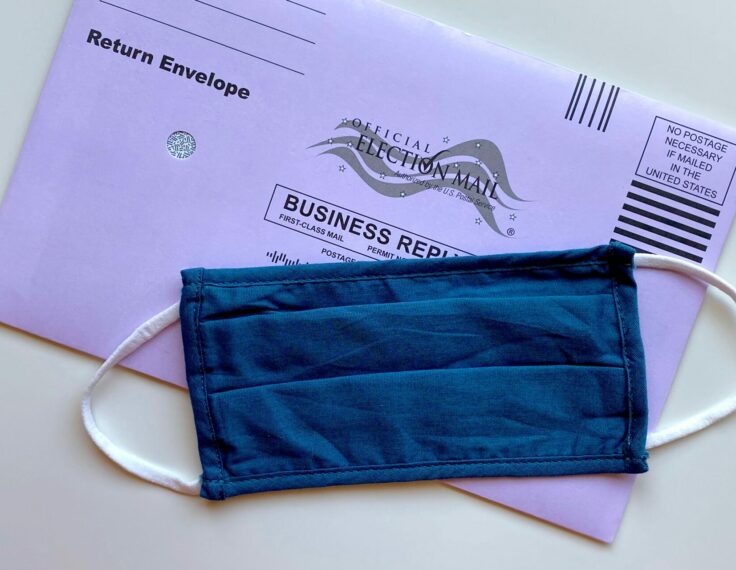
Elections
COVID-19 misinformation and the 2020 U.S. presidential election
Emily Chen, Herbert Chang, Ashwin Rao, Kristina Lerman, Geoffrey Cowan and Emilio Ferrara
Voting is the defining act for a democracy. However, voting is only meaningful if public deliberation is grounded in veritable and equitable information. This essay investigates the politicization of public health practices during the Democratic primaries in the context of the 2020 U.S.
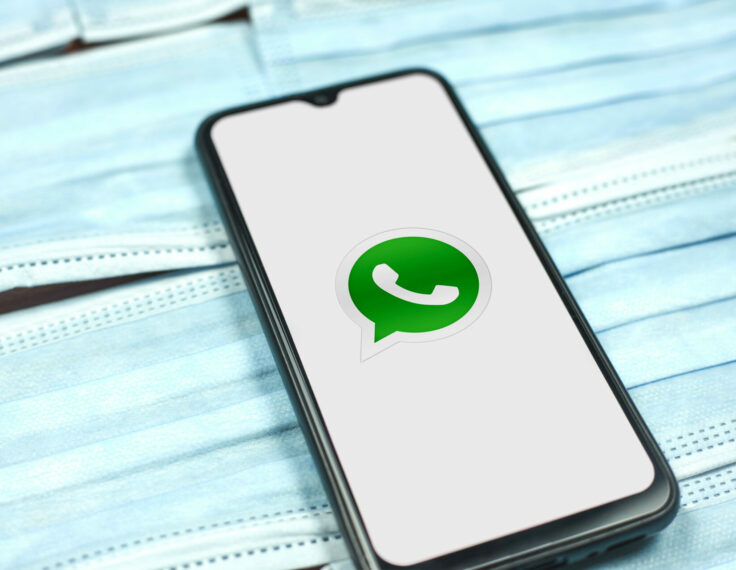
Research note: Bolsonaro’s firehose: How Covid-19 disinformation on WhatsApp was used to fight a government political crisis in Brazil
Felipe Bonow Soares, Raquel Recuero, Taiane Volcan, Giane Fagundes and Giéle Sodré
Brazil has one of the highest rates of cases and deaths attributed to Covid-19 in the world. Two factors contributed to the high rates: the Brazilian government underestimated the pandemic and a large amount of disinformation was spread through social media.
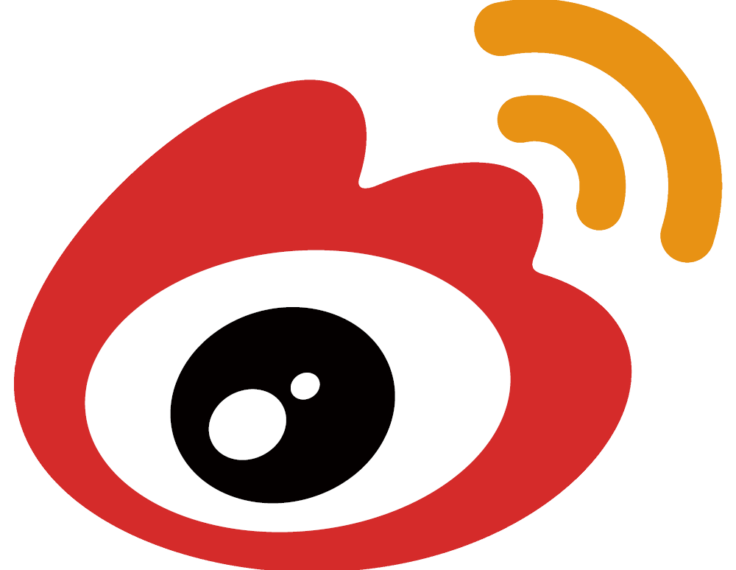
Conspiracy and debunking narratives about COVID-19 origins on Chinese social media: How it started and who is to blame
Kaiping Chen, Anfan Chen, Jingwen Zhang, Jingbo Meng and Cuihua Shen
This paper studies conspiracy and debunking narratives about the origins of COVID-19 on a major Chinese social media platform, Weibo, from January to April 2020. Popular conspiracies about COVID-19 on Weibo, including that the virus is human-synthesized or a bioweapon, differ substantially from those in the United States.
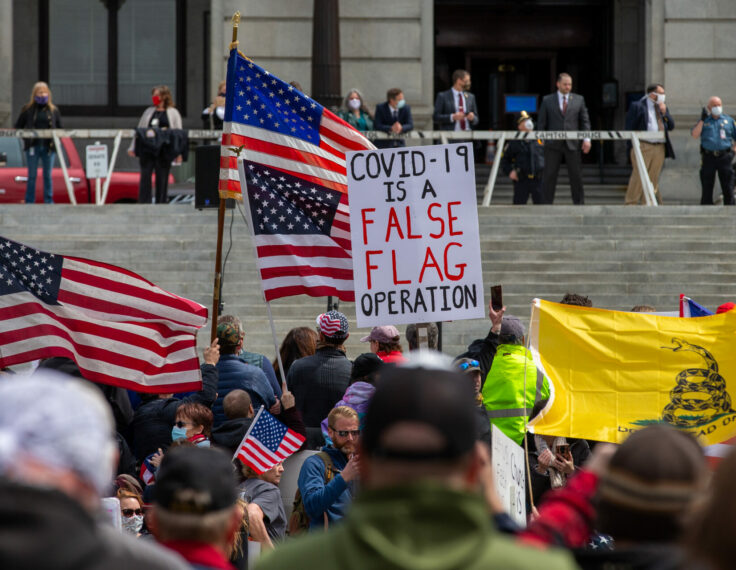
The different forms of COVID-19 misinformation and their consequences
Adam M. Enders, Joseph E. Uscinski, Casey Klofstad and Justin Stoler
As the COVID-19 pandemic progresses, an understanding of the structure and organization of beliefs in pandemic conspiracy theories and misinformation becomes increasingly critical for addressing the threat posed by these dubious ideas. In polling Americans about beliefs in 11 such ideas, we observed clear groupings of beliefs that correspond with different individual-level characteristics (e.g.,
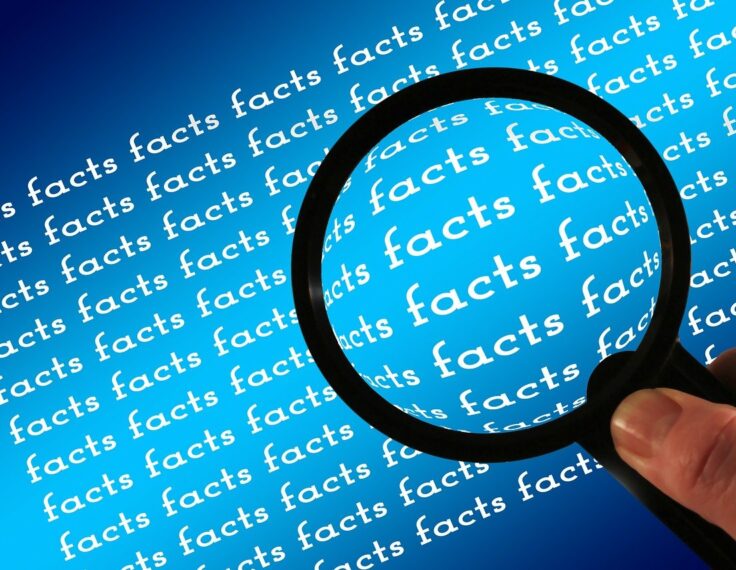
Research note: Does the public support fact-checking social media? It depends whom and how you ask
Timothy S. Rich, Ian Milden and Mallory Treece Wagner
We analyze original survey data on support for social media companies’ fact-checking of politicians in general and President Trump in particular. We find overwhelming majorities of Democrats support fact-checking in both instances, while a majority of Republicans support fact-checking of politicians in general but not of President Trump.

Overcoming resistance to COVID-19 vaccine adoption: How affective dispositions shape views of science and medicine
John E. Newhagen and Erik P. Bucy
Health experts worry that a COVID-19 vaccine boycott could inhibit reaching “herd immunity,” and their concerns have only grown as the pandemic has spread. Concern has largely focused on anti-vaccine protestors, who captured headlines as they stood side by side with Tea Party activists and armed militia groups demonstrating against the quarantine in April and May of this year.
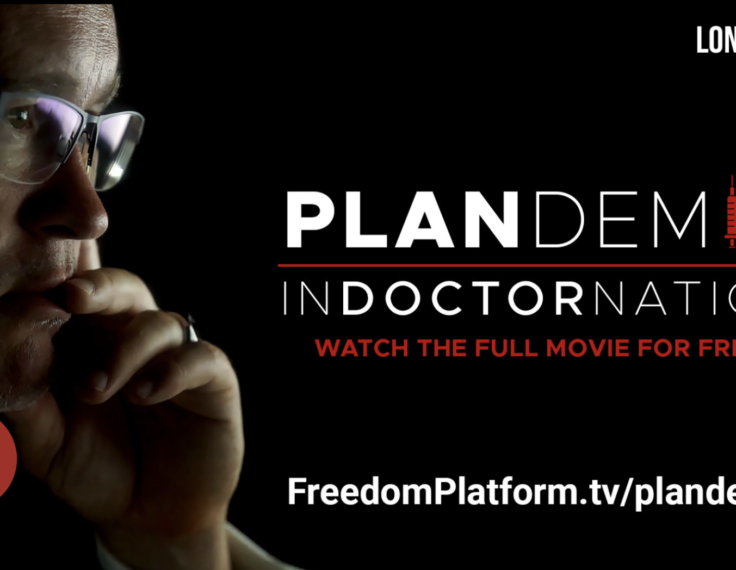
COVID-19
The Twitter origins and evolution of the COVID-19 “plandemic” conspiracy theory
Matthew D. Kearney, Shawn C. Chiang and Philip M. Massey
Tweets about “plandemic” (e.g., #plandemic)—the notion that the COVID-19 pandemic was planned or fraudulent—helped to spread several distinct conspiracy theories related to COVID-19. But the term’s catchy nature attracted attention from anti-vaccine activist filmmakers who ultimately created Plandemic the 26-minute documentary.
